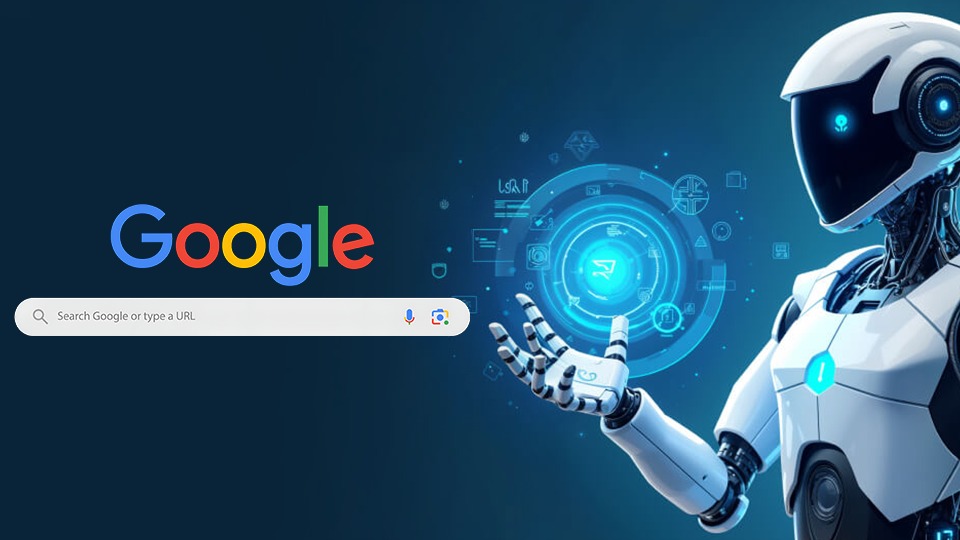Sam Altman ChatGPT advertising model is becoming one of the most talked-about shifts in digital marketing, especially after Altman openly questioned Google’s ad-driven search incentives and hinted at a new, trust-first approach to monetizing ChatGPT.
When OpenAI CEO Sam Altman recently said that ChatGPT would “try ads at some point,” the marketing world paid attention. Not because he mentioned ads, but because of how differently he envisions them. Altman believes the traditional ad economy, led by Google, thrives when search fails — and that’s what he wants to change.
In his words:
“Ads on a Google search are dependent on Google doing badly. If it was giving you the best answer, there’d be no reason ever to buy an ad above it.”
With that single idea, Altman positioned the Sam Altman ChatGPT advertising model as a potential overhaul of an internet filled with bias, clutter, and pay-to-win visibility.
Table of Contents
ToggleWhat the Sam Altman ChatGPT Advertising Model Promises
-
Trust-first model: Ads won’t appear because someone paid more they’ll appear if they deserve to.
-
Aligned incentives: ChatGPT earns when it delivers genuine value, not when users get distracted.
-
No pay-to-rank answers: Transparency and trust come before profit.
-
Commerce in one conversation: From recommendation to purchase, without leaving the chat.
-
Small commissions, big trust: A one-click booking model where AI only earns after real action.
The Core Idea: Ads That Reward Good Answers
Altman’s vision is simple: the ChatGPT ads model should strengthen trust, not erode it. If you ask ChatGPT for the best hotel, it might recommend one but only because it’s the most relevant, not because that hotel paid to show up first. If you then book it, OpenAI could take a small commission, much like an affiliate model.
That small detail changes everything. Instead of ads monetizing attention, this model monetizes trust and results. The better the AI’s recommendation, the higher its potential to earn creating an ecosystem where accuracy, not manipulation, pays off.
Google Ads vs. the Sam Altman ChatGPT Advertising Model
| Aspect | Google Ads Model | ChatGPT Ads Model (Altman’s Vision) |
| Revenue Driver | Pay-per-click bids | Commission on successful conversions |
| Ranking Logic | Who pays more | Who serves the user best |
| User Intent | Navigational or transactional | Conversational and contextual |
| Trust Factor | Often questioned | Central to the model |
| Ad Placement | Above or beside organic results | Integrated within a single response |
Google’s ad system was revolutionary but it’s built on attention, not alignment. The Sam Altman ChatGPT advertising model tries to fix that by ensuring monetization only happens when AI earns it. That’s a huge philosophical shift for digital marketing.
What ChatGPT Ads Could Look Like
Imagine you ask:
“Find me the best beachfront resort in Goa.”
ChatGPT scans verified data, reviews, and pricing, then suggests one resort. If you book it with one click inside the chat, OpenAI earns a small, equal commission regardless of which brand it is. There’s no bias, no “sponsored” tag quietly changing your result.
This “conversation-to-conversion” model could reshape several industries:
-
Travel: Personalized itineraries ending in one-click booking.
-
Local services: AI-based recommendations for salons, doctors, or restaurants.
-
Software: AI suggests the best tool for your business and earns a fair cut when you subscribe.
That’s advertising without ads commerce built into context.
What ChatGPT Ads Won’t Be
Altman was clear about what he won’t do. The ChatGPT advertising model won’t host pay-to-play answers or hidden sponsorships.
“If ChatGPT were accepting payment to put a worse hotel above a better one, that’s probably catastrophic for your relationship with ChatGPT.”
He’s right. The minute money dictates ranking, trust collapses and users walk away. This stance makes OpenAI’s future ad system not just an economic experiment, but an ethical one.
Why It Matters for Marketers
If you’re a marketer, the question isn’t whether ChatGPT will adopt ads it’s whether your brand is ready when it does.
Here’s the shift:
-
Visibility → Recommendability. Instead of bidding for clicks, brands must earn mentions through structured, trustworthy data.
-
Keywords → Context. AI tools care more about intent than exact phrases.
-
Campaigns → Conversations. You’re no longer interrupting; you’re assisting.
The Sam Altman ChatGPT advertising model will favor brands with credible digital signals accurate data feeds, verified reviews, transparent pricing, and strong user experience footprints.
Preparing for the AI Ad Shift: 5 Steps to Get Ready
-
Clean Your Data: Ensure your website, product feeds, and reviews are consistent and machine-readable (schema markup helps).
-
Earn Real Reviews: Build trust through authentic user feedback that AI models can verify.
-
Optimize for Conversations: Create content that answers questions directly, not just ranks for keywords.
-
Enable Seamless Purchases: If ChatGPT ever allows one-click buys, you’ll need simple conversion flows ready to plug in.
-
Stay Adaptive: The ad landscape is evolving treat AI platforms as testing grounds, not threats.
The Bigger Picture: Trust Is the New Click
Altman’s approach forces a rethink of what “performance” means in marketing. For years, clicks and impressions have defined success even when they didn’t lead to trust. The Sam Altman ChatGPT advertising model flips that script.
In this new world, trust equals visibility. The brands AI trusts most will earn the top recommendation, the click, and the conversion all within a single conversation.
For marketers, that means optimization isn’t just about being found. It’s about being chosen by algorithms that reward credibility.
Final Thoughts
The Sam Altman ChatGPT advertising model isn’t just another monetization plan. It’s a statement about what advertising should be: transparent, fair, and user-first.
If Altman succeeds, the future of ads won’t be about shouting louder it’ll be about being the most trustworthy voice in the room.
If trust is the new click, brands need to start earning it now.
At Curiousmind Consulting, we help brands prepare for what’s next from optimizing for AI-driven discovery to building trust-first digital ecosystems.
Let’s talk about how your brand can stay visible in the age of conversational AI.








